Honda's F1 2026 power unit faces development hurdles
Honda Racing Corporation president Koji Watanabe admits to "struggling" with F1 2026 power unit development, raising questions about Aston Martin's future competitiveness under new regulations.
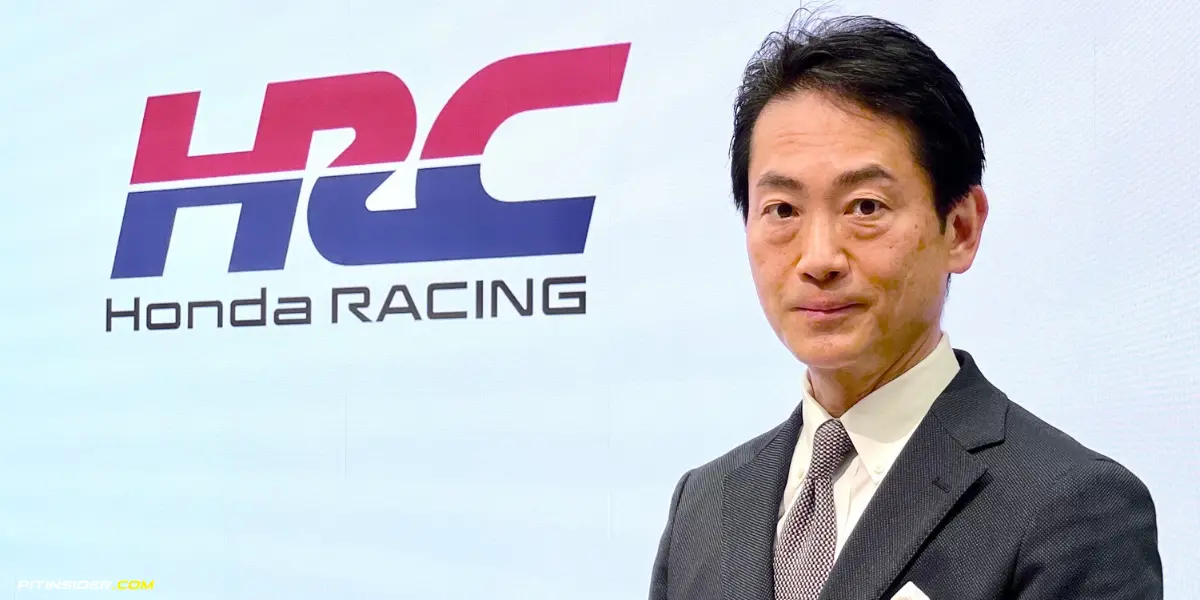
Aston Martin's Formula 1 ambitions for 2026 may face unexpected hurdles as Honda Racing Corporation (HRC) president Koji Watanabe revealed significant challenges in developing their next-generation power unit.
Speaking to media at the 2025 Rolex 24 at Daytona, Watanabe offered a stark assessment of Honda's progress toward their ambitious return to Formula 1 as Aston Martin's works power unit supplier.
"We are struggling. Now we are trying our best to show the result next year,"
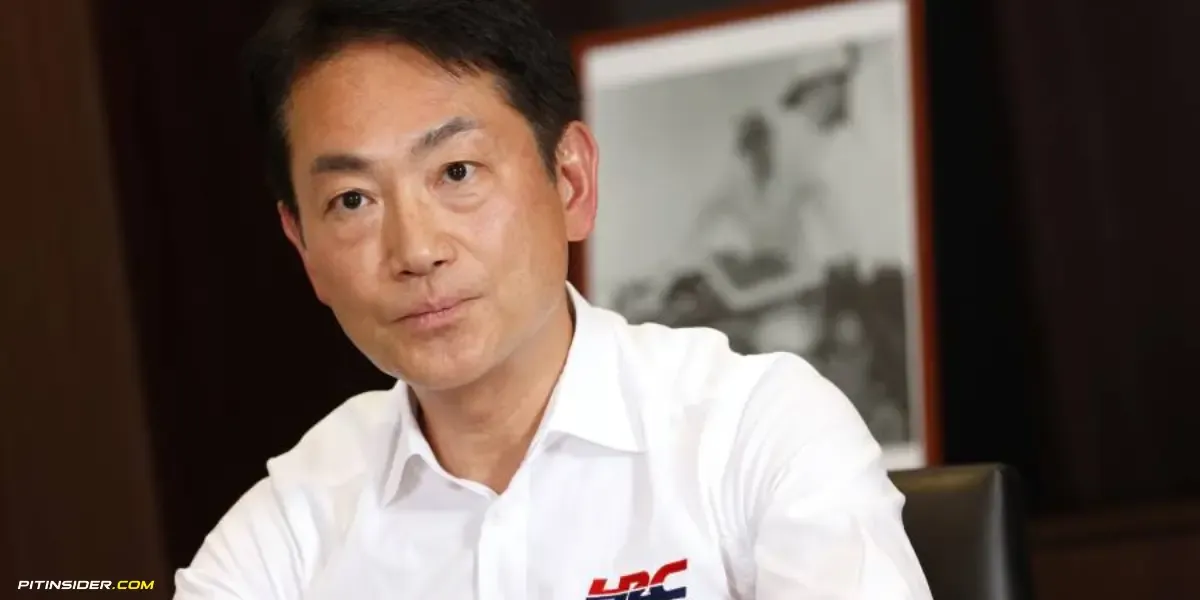
he admitted, highlighting the complexity of developing power units under F1's revolutionary 2026 regulations.
Technical Challenges Mount
The forthcoming regulatory changes, which emphasize increased electrification and sustainability, present unprecedented technical hurdles for all manufacturers. When pressed about specific areas of concern, Watanabe's response was tellingly broad:
"Everything is new."
This candid admission suggests Honda faces a comprehensive engineering challenge rather than isolated technical issues.
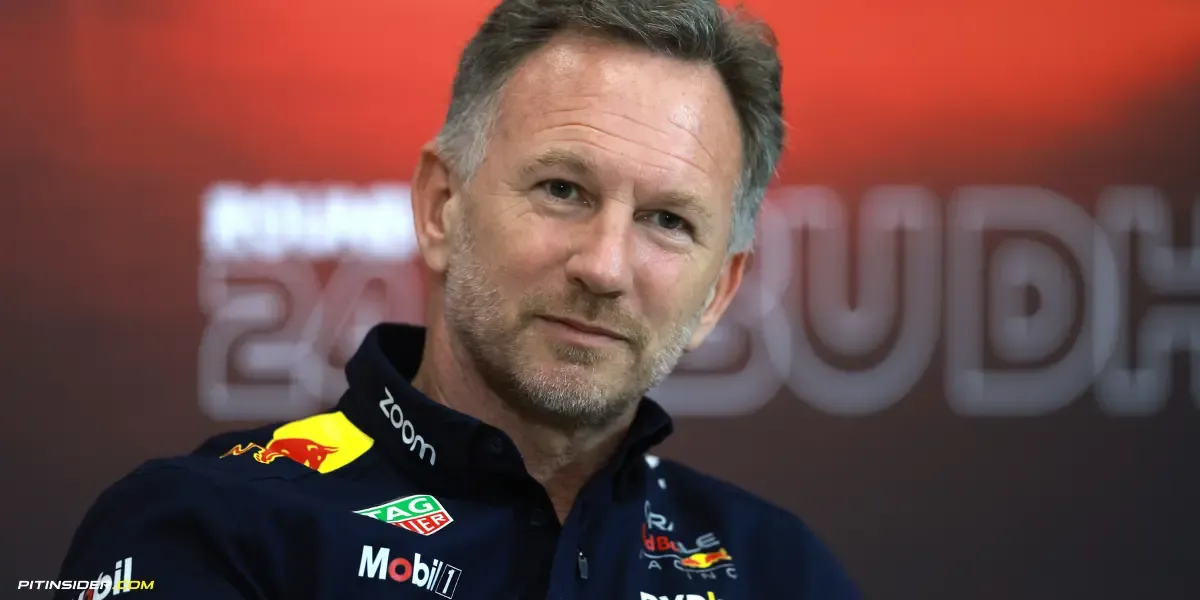
The situation mirrors concerns expressed by other manufacturers, notably Red Bull Powertrains, as they prepare for the sport's technical revolution.
Red Bull team principal Christian Horner has characterized their own power unit development with Ford as "by far our biggest challenge in the sport," acknowledging the magnitude of competing against established manufacturers like Ferrari and Mercedes.
Strategic Importance
Despite current difficulties, Honda's commitment to the F1 program remains firmly rooted in their broader technological aspirations.
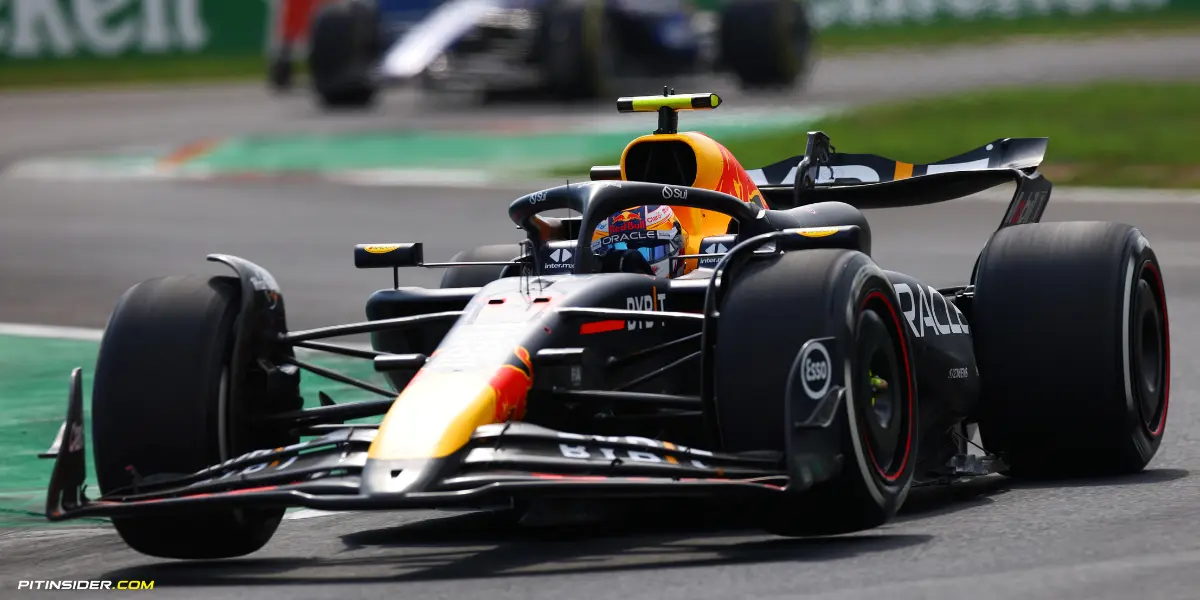
Watanabe emphasized that the project's primary goal is to "learn how to improve the hybrid system itself" and develop highly efficient battery and motor technologies for future applications.
Aston Martin's Stakes
For Aston Martin, Honda's development challenges could impact their ambitious trajectory under Lawrence Stroll's leadership.
The team has made significant investments in infrastructure, including a new factory and state-of-the-art wind tunnel, while securing top talent like renowned designer Adrian Newey.
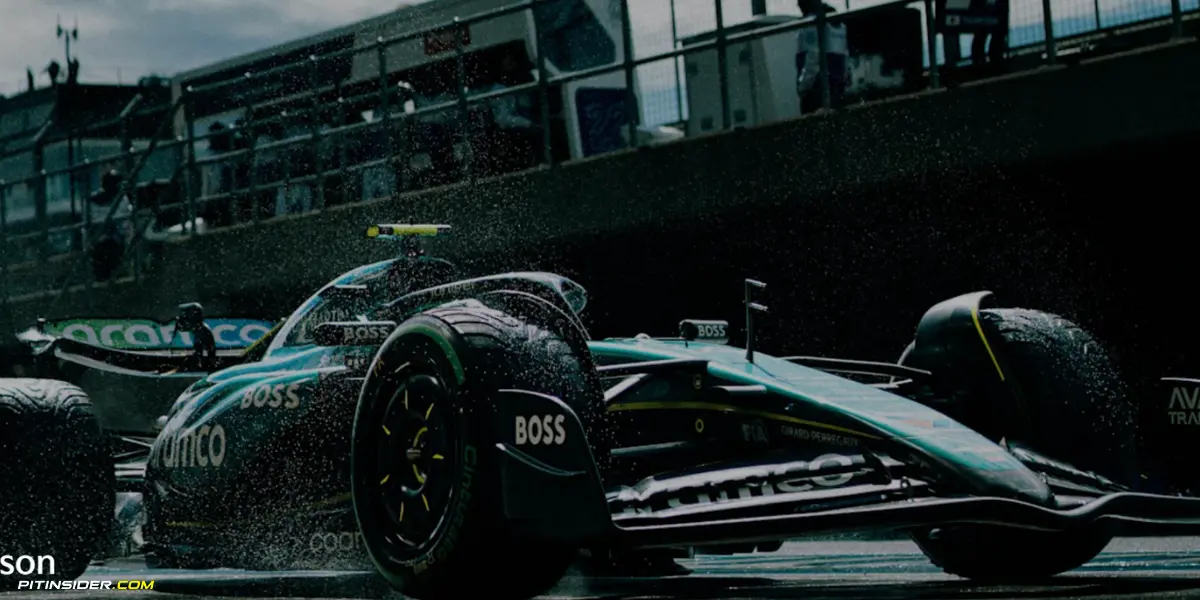
The success of their 2026 campaign hinges considerably on Honda's ability to overcome these current obstacles.
Industry-Wide Implications
Watanabe's revelations suggest that the transition to F1's new power unit regulations may be more challenging than initially anticipated across the grid.
As manufacturers grapple with enhanced hybrid systems and sustainable fuel requirements, the competitive landscape for 2026 remains uncertain, potentially reshaping the sport's hierarchy.


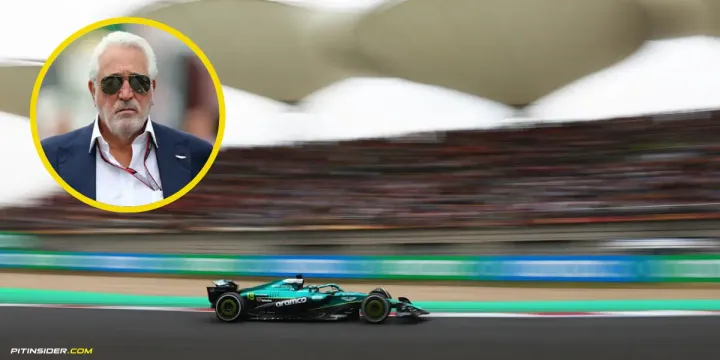
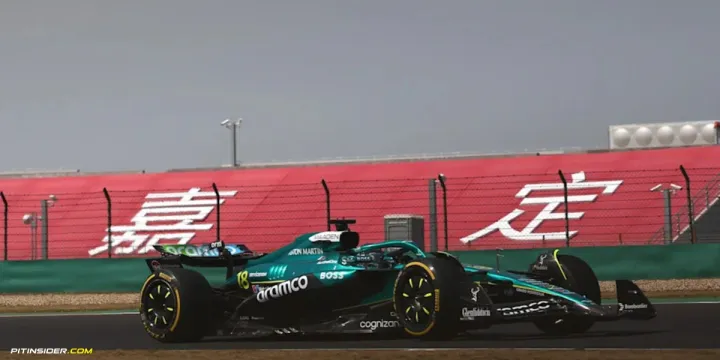
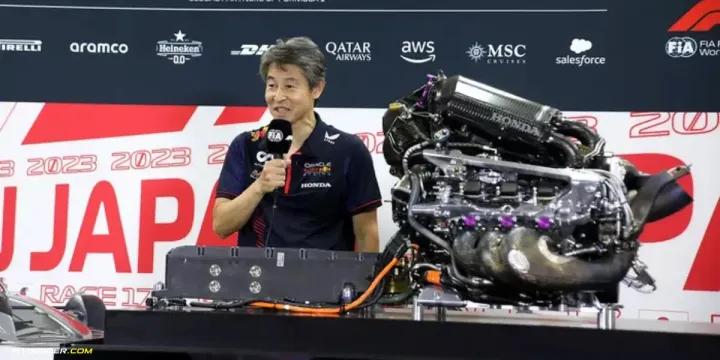
Comments ()